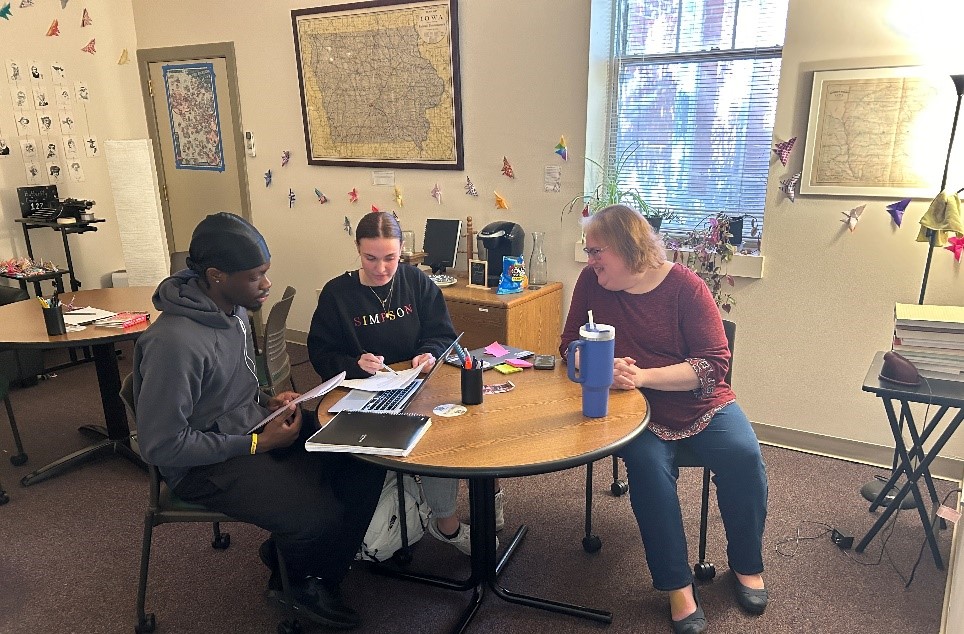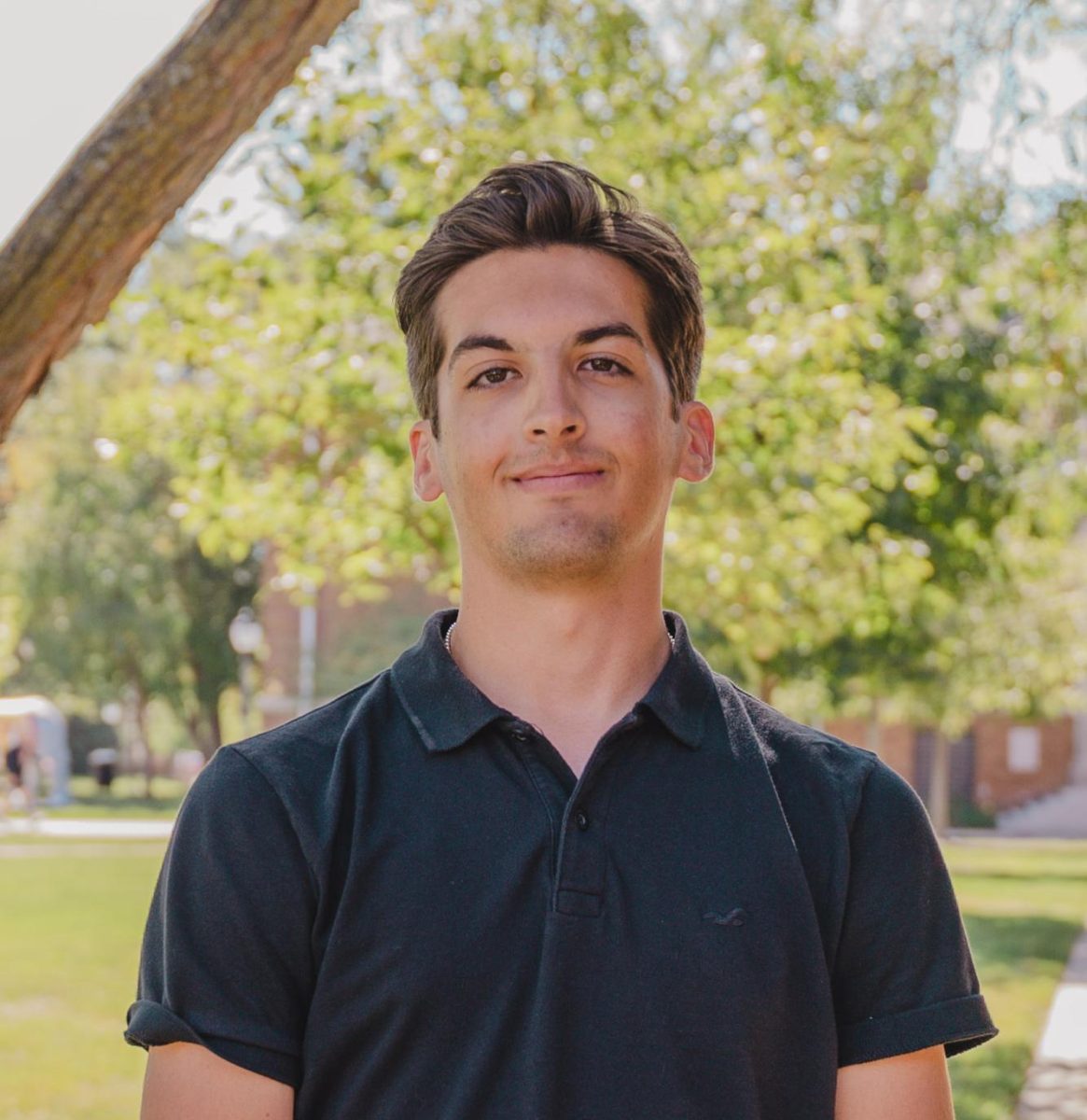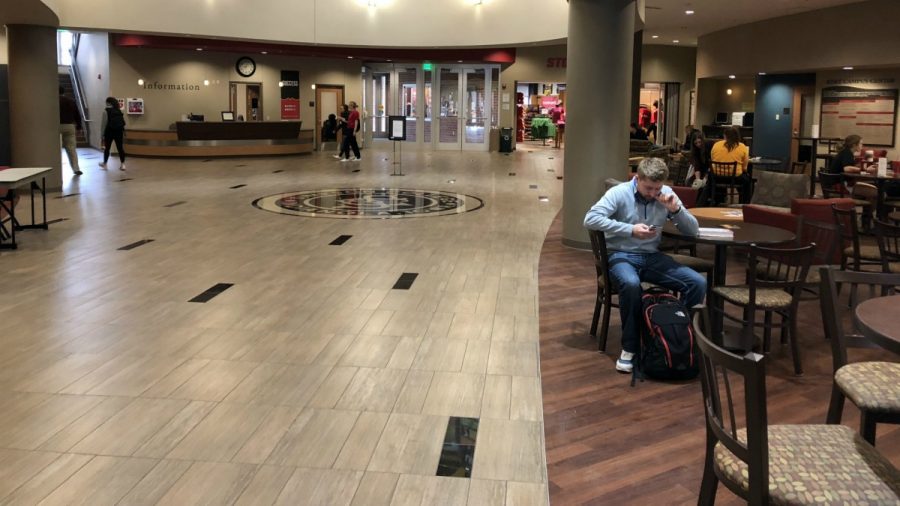Humanities undergraduate research conference brings new perspective to familiar student research
November 11, 2014
The idea for this weekend’s humanities undergraduate research conference came from an unexpected start. Professor J.J. Butts, who wasn’t a professor yet, had his first post-graduate interview at Simpson College.
“The dean asked me at one point, how would I support undergraduate research,” Professor Butts said, laughing a bit. “I was just out of graduate school. I had no idea how I was going to support undergraduate research…it left a mark, in the sense that the next time somebody asked me that I wanted to have an answer.”
Professor Butts went on to start at Wartburg College, but the question didn’t stray far from his mind as he encountered undergraduates in the humanities.
“Why don’t we see more humanities students in undergraduate research? A lot of the time, it’s easier for a science student to affiliate themselves with a mentor’s project,” Professor Butts said. “It is a high bar to ask a student to go to a humanities professional conference, come up with a project on their own…I thought, maybe we should create a space where students really take the foreground.”
With that, Wartburg hosted the first Midwest Undergraduate Research Conference for Humanities in 2011, and after Professor Butts joined the Simpson community, the two schools began hosting every other year.
The conference sent out a call in March and September asking for research presenters, who then put together a presentation proposal and ask a faculty member to sponsor their research. Junior Jacy Gomez was one of thirteen Simpson students who presented research on Saturday after submitting a proposal modeled after a spring class paper, for Major Figures in Christian Theology.
“When we got to Karl Barth I found it very fascinating, because I actually agreed with a lot of the things he had to say, and I was very fascinated in the areas where I disagreed with him,” Gomez said.
She hopes her first conference presentation, homosexuality in religion, showed people how diverse religion is and how widely it can be affected.
“There’s more than one way to look at each issue,” Gomez said.
Growth in ideas like Gomez’s is what really motivates faculty at these conferences, Professor Butts said. The conference specifically looks for inter-disciplinary presentations like Gomez’s to bring a more unique experience to the conference, instead of hosting separate language, history or philosophy symposiums.
“The humanities are, in my mind, the study of human thought and behavior and history. A lot of what we do is defined more by questions than answers,” Professor Butts said.
Through the paper editing and writing, Professor Butts said, humanities students are introduced to academic-style writing that graduate schools expect. The conference, which brings twelve to fourteen schools regionally and nationally, also widens the ideas and research introduced to students.
“One of the potential drawbacks [to smaller schools], you kind of limit that pool of knowledge. One of the things that they get [here] is a sense of what other students at other schools are doing,” he said.
Gomez agreed, saying the conference gave her a chance to broaden her perspective on her own research.
“Anytime you get to present is a good experience,” Gomez said. “It’s just nice with an audience to talk out your ideas and your research, and engage in dialogue.”





